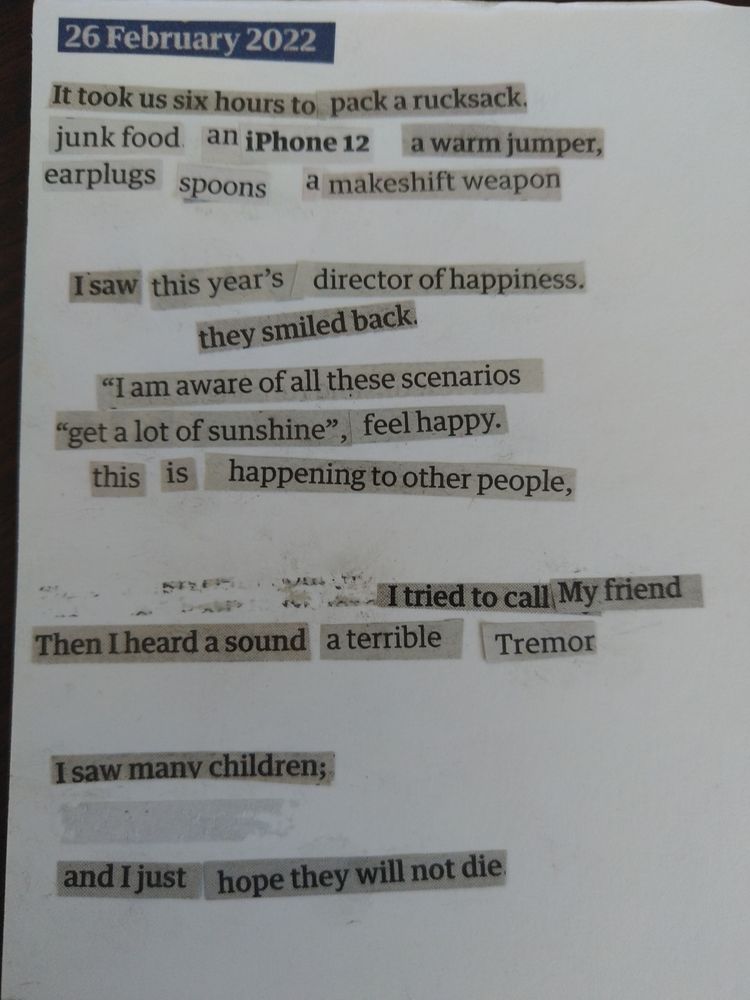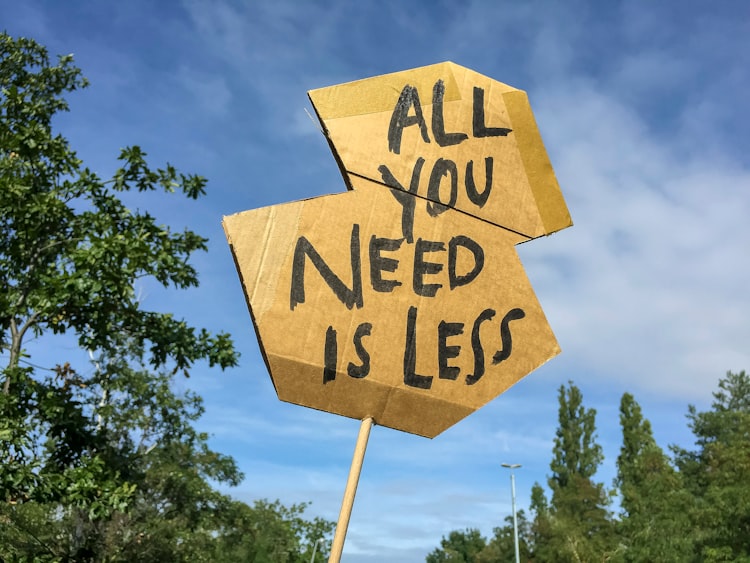Who is a coder?
I’ve lost track of the number of people I meet who work in tech but tell me that they can’t code. So, so, often, these people are women.
“I’m not a coder. I just use Python and SQL to analyse data.”
“I’m not a coder. I just build websites.”
“I’m not a coder. I’m more of a scripter, really. I turn high school math problems into Javascript modules.”
“I’m not a coder, but take a look at this hardcore Excel formula I wrote that has 14 nested if-else statements.”
I hate to break it to you, but there’s no Council of Coders who will arrive at your doorstep one day when you’ve written one perfect line of C++ and pin a “I’m a real coder now!” badge on you. Most people who you think of as coders don’t have degrees in coding. For real. Ask them.
You can code, the moment when you make the first piece of software that you’re proud of and put it out in the world. It doesn’t matter how simple that thing is, or how many tutorials and instructions you had to follow to put it together.
To be a coder is a far more general term than to be a software engineer. It’s like asking whether you know how to play tennis. There are professional players, and that can take decades and thousands of hours to master. But actually, there are a lot of people who aren’t terrible at whacking a ball at each other on a court. There’s nothing weird about saying you can play a bit of tennis after you’ve spent just an hour or two playing tennis. No one will call you out as a gross tennis imposter and shame you into going back inside.
And no-one, incidentally, fully knows How to Code. People know bits of languages and have gained experience in solving certain types of problems. A lot of the time, they’re typing queries into Google or Stackoverflow and reading documentation, and figuring out how to build the plane as they fly it.
Just like you.






Member discussion